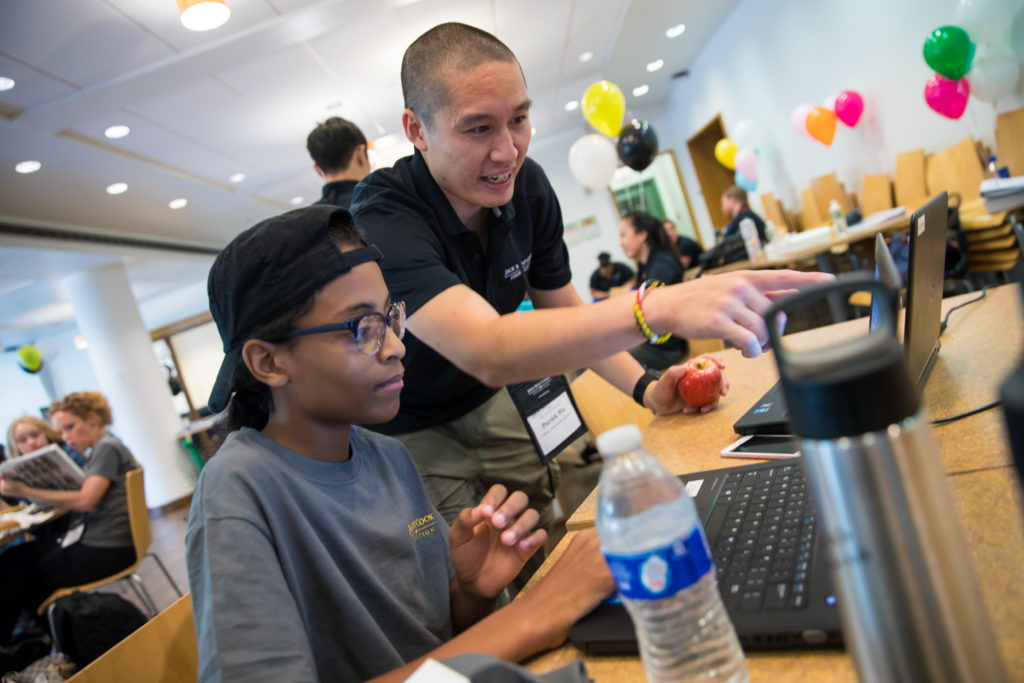Enrichment Opportunities & Elite Institutions

February 8, 2019 – Here’s our weekly roundup of education news you may have missed. Read about how selective institutions are supporting students with financial need. Also, advocates for early education and K-12 suggest new approaches to education in and outside of school.
Do you know an academically talented 7th grader with financial need? Encourage them to apply for the Cooke Young Scholars Program, a selective pre-college scholarship that offers educational support to exceptionally promising students from across the nation. Cooke Young Scholars receive comprehensive advising and financial support from 8th grade through high school. The application deadline is March 14, 2019.
Receive the Cooke Chronicle each week in your inbox: Subscribe here.
Elementary & Secondary Education:
- “More must be done to identify and nurture talented poor and minority children. Universal testing is a first step,” writes Noah Smith in Bloomberg Opinion. His column outlines how increased access to advanced courses, information about college, and financial aid could open up opportunity to college and beyond.
- Most state early childhood education programs focus on pre-K, but the American Enterprise Institute notes that “going upstream” to focus on all the years between birth and age five could help close achievement gaps before they begin.
- Enrichment activities can benefit children academically and socially, but program costs make them unaffordable for many families. In the Brookings Institution’s Brown Center Chalkboard, Travis Pillow and Ashley Jochim propose enrichment allowances to make these experiences more equitable.
Higher Education:
- The selective colleges and universities that make up the American Talent Initiative have reported progress on their goal to enroll more students with financial need. The Washington Post speaks to education researchers and policy experts about how these outcomes measure up.
- “As elite colleges and universities sharpen their focus on recruiting low-income, minority and adult learners — groups with which they’ve struggled to make critical inroads — they are starting to look closer at one of the big reasons those students don’t apply,” reports Education Dive.
- U.S. News & World Report shares findings from the recent Government Accountability Office (GAO) report on campus food insecurity, noting that “some 3.3 million low-income college students in 2016 who were at-risk of food insecurity were likely eligible for help from the federal Supplemental Nutrition Assistance Program, but fewer than half actually reported participating in the food-stamp initiative.”
Cooke Foundation Highlights:
- The Association of American Colleges & Universities details the findings of the Foundation’s recent “Persistence” report. This research is also cited in articles by Education Dive and Inside Higher Ed.
- Other research reports from the Cooke Foundation are cited in a column on bright, overlooked students in The Tennessee Star and early admissions in Virginia’s The Daily Progress.
- Cooke Young Scholar Addison Payne wins the the 59th annual Bartow County Spelling Bee, reports The Daily Tribune News.
Social Media Spotlight:
Photo header: Educational Adviser Patrick Wu works with a Cooke Young Scholar.